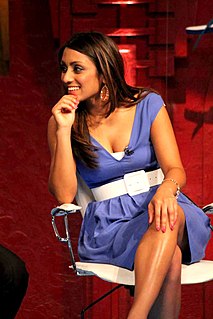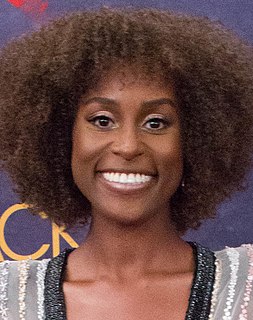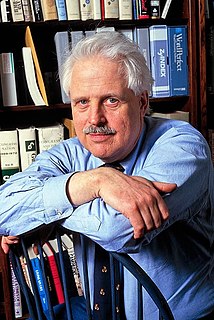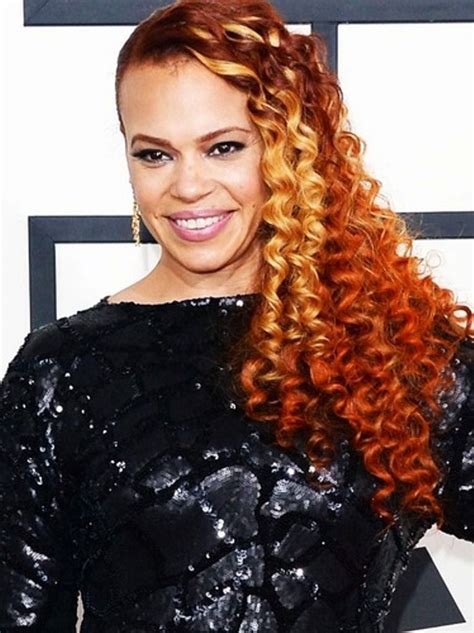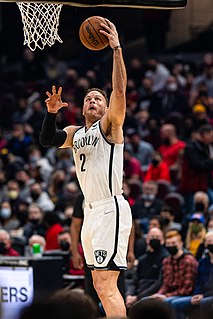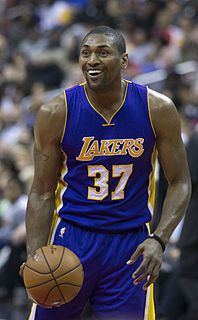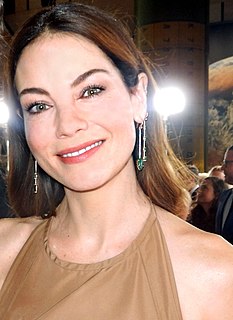A Quote by Isa Guha
I think it's always really important in broadcast to be able to get different views across and not just go down one route, because that's essentially journalism.
Related Quotes
I think that just because the show is titled 'Awkward Black Girl' and it is a predominantly black cast doesn't mean that you shouldn't be able to relate to these people. We're all human beings. We all essentially go through the same things when it comes down to it, so I don't I think that should limit who watches it.
You're investing in a different part of your life that is really important. It's not as important when you're a kid and you don't require sleep, and you don't get hung over, and you can fire on all cylinders. At 32 I don't consider myself old by any means, but you just find yourself in a place where you can't do everything the way you once did, and you have to take time to reflect and I think that's really important, because you get to appreciate what you have, and to enjoy it.
I don't really enjoy working in TV, to be completely honest, even though it's incredibly lucrative, I'm just terrified of not being satiated in a myriad of different ways. It's amazing that I get to create every day, as an actor, or a director, or a writer, and I get to do it in a variety of different genres and worlds and characterizations. I think that's the great privilege of what we do, we get to make believe. I get to go to so many different places, try on different occupations, take on different points of view. That's what's always been sort of alluring.
I love musicals but it's very, very different. It's really just a different form than serious drama, and has very different rules and a completely different set of characters and requirements and ambitions. It maybe shouldn't be as separate as it is, but it's got a different history. In terms of serious drama, I think you'd have to say that you could break it down essentially into the narrative realist tradition and experimental theater.
For me, something that's been always really important to me, that's also really served me well in hindsight, is doing different things, trying to cross different genres, and dipping my toes into comedy and drama and action here and there. Fortunately, as I've been working, the industry has also changed where you're able to dip your toes into different mediums, where it's not just independent film and studio film, but now you've got TV, and you're able to do all these different things. For me, it's just a matter of continually pushing myself and challenging myself.
If you want to get something done, there is always an alternate route other than cursing somebody and belittling them. There's always an alternate route. If you want to get any message across. Everybody has an opinion, and everybody has their own way of doing things, but the bottom line is that when you affect someone else, you should pay closer attention to how you treat people.
